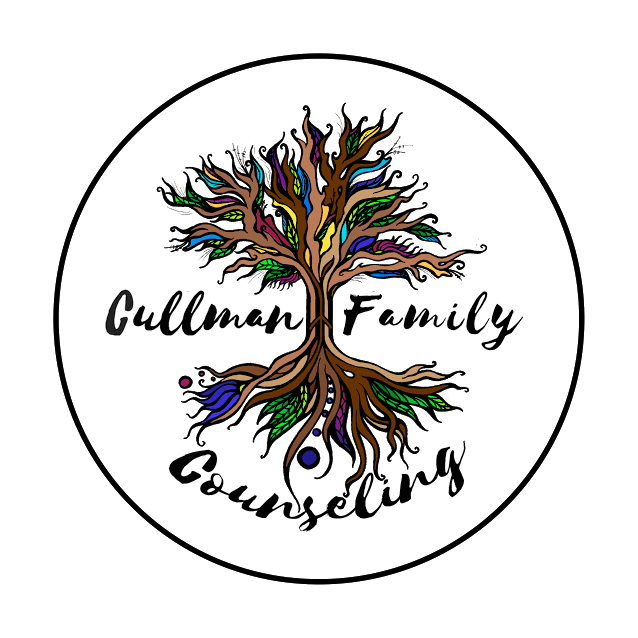For our first blog post, I thought I'd write about something very near and dear to my heart: living a happy life, while also trying to balance work, a relationship, kids, school, etc. etc. etc.
At some point in early adulthood, time goes from "meh...I'll pass, don't worry about me" to "YOU'RE GOING TO THINK ABOUT ME ALL THE TIME BECAUSE I'M GOING TO RULE YOUR LIFE AND YOUR MIND!" My mind thinks pretty metaphorically sometimes, so when clients explain to me the weight they are feeling from all of the obligations and expectations from home and work and family, etc., I imagine a dirty, havoc-wreaking tornado, sucking everything in and spiraling out of control. This is how it feels when you can't seem to find balance: like you're taking on new responsibilities, new expectations, new obligations, and things just keep going wrong, because you can't seem to control where you're going.
It seems like when I have these clients in my office, I can really feel the pressure the moment they sit down. It sounds a little like this: "I don't even know where to start." "I feel like I can't get anything right." "I feel like my life is falling apart." I can feel myself breathing more heavily and more quickly just empathizing with the pressure of the obligations and responsibilities. So what is the answer? Is there an answer? Marcus Aurelius said "The happiness of your life depends on the quality of your thoughts", and I couldn't agree more. It sounds so simple, and I tell my clients all the time that I'm not one of these people who thinks that you can wake up one day and say "oh... I'm going to be happy" and it actually be the case. No. I believe that the process of changing your thoughts to change your behaviors to change your feelings to change your life take time and practice and commitment.
So what is step 1? If you ask me, it's WRITING IT DOWN! I'm not telling you to journal all of your deepest, darkest feelings (unless that's your thing, which would be amazing for me). I'm asking you to start by writing down your automatic thoughts. For example: I get off of work late. It's too late to cook, so I have to pick up dinner again. My automatic thought may be something like "you really should have put dinner in the crock pot. You are so disorganized!" So from there you go to step 2: What am I feeling? Well... I feel pretty helpless, honestly. Ok...so step 3: what's the evidence that supports this thought? Can I think of any evidence that doesn't support it? Obviously I could think of both, right? So the last step is to come up with an alternative thought... one that is genuine, despite if it's positive or negative, but it's just an alternative way of looking at the situation. I guess I could say that I'm very busy. Eating out again isn't so bad, and I can prepare better next time. So how do I feel now? Probably less helpless. Probably more in control. What do you guys think? Doable? It takes practice for sure, but just in case ole' Marcus is right, changing our thoughts could calm our winds, which could deeply incluence the happiness we feel in our lives.

